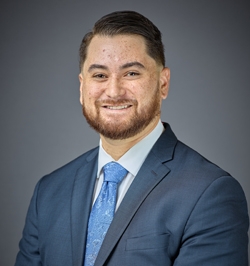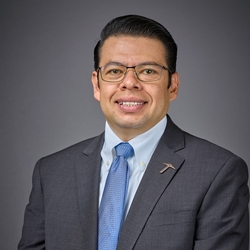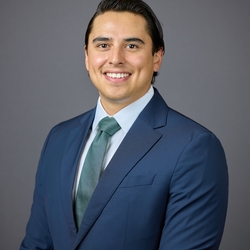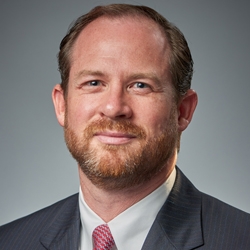Department of Labor Issues Final Overtime Rules
Contact Clara (C.B.) Burns, Charles C. High, Jr., Michael D. McQueen and Gilbert L. Sanchez -
May 18, 2016
Department of Labor Issues Final Overtime Rules
In March 2014, President Obama directed the Department of Labor (“DOL”) to update the regulations governing exempt employees and the overtime rules of the Fair Labor Standards Act (“FLSA”). Under the old regulations, for an employer to claim that an employee is exempt from the overtime rules under the administrative, executive, or professional exemption of the FLSA, the employee had to: (1) be paid a fixed salary that is not subject to reduction because of variations of the quality or quantity of work; (2) be paid at least $455 per week ($23,660 annually); (3) primarily perform executive, administrative, or professional duties as those terms are defined under the FLSA. The old regulations also exempted highly-compensated employees who were paid $100,000 annually. Today, the DOL issued its final regulations that make the following changes:
• For an employer to claim that an employee is exempt from the overtime rules under the administrative, executive, or professional exemption of the FLSA, the employee must now be paid at least $913 per week ($47,476 annually) as opposed to $455 per week.
• For an employer to claim the highly-compensated employee exemption, the employer must now be paid at least $134,004 annually as opposed to $100,000.
• Additionally, these new salary requirements will not stay the same in the future. Instead, under the final rules, every 3 years beginning January 1, 2020, the salary levels will be adjusted to maintain the salary level at the 40th percentile of full-time salaried workers in the lowest-wage Census region. In other words, as people get paid more in the future due to inflation and other economic reasons, the FLSA salary requirements will be adjusted upward accordingly. So these numbers may go up every 3 years.
• The other change that the final rules create is that employers can use non-discretionary bonuses, incentive payments, and commissions (that are paid at least quarterly) to count towards the salary level but only up to 10% of the salary. In other words, if an employer does not pay an employee the full $913 a week in salary, but does pay bonuses and incentive payments at least quarterly, the employer can use those bonuses and payments to count towards the $913 salary. But, as mentioned, employers can only do that for up to 10% of the salary. The ability to use non-discretionary bonuses, incentive payments, and commissions is a new change that did not exist until these final regulations.
• These changes take effect December 1, 2016, so employers must be in compliance on or before that date.
As you can see, these changes are significant. Employees who were once ineligible for overtime pay are now eligible. Employers must now determine the best way to move forward by, for instance, either increasing an employee’s salary to keep them exempt or keeping their salary the same and agreeing to pay overtime. There are certainly other options as well, but, because these changes take effect December 1, 2016, employers should start planning now.
If you have any questions about these regulations or the FLSA, please feel free to contact Kemp Smith’s Labor and Employment Department. 915.533.4424
Clara (C.B.) Burns - clara.burns@kempsmith.com
Michael D. McQueen - michael.mcqueen@kempsmith.com
Charles C. High, Jr. - charles.high@kempsmith.com
Gerald (“Gerry”) G. Howard - rry.howard@kempsmith.com
Abe Howard Gonzalez - abe.gonzalez@kempsmith.com
Gilbert L. Sanchez - gilbert.sanchez@kempsmith.com
About Kemp Smith
With offices in El Paso, Austin and Las Cruces, Kemp Smith is fully staffed to address a wide range of legal needs including Appellate, Banking, Bankruptcy and Creditors’ Rights, Corporate and Business, Energy, Environmental, Estate Planning, Government Relations, Health Care, Immigration and Nationality Law, International Law, Intellectual Property, Labor and Employment, Litigation, Probate and Trust, Public Law, Real Estate, Tax, Telecommunications and Water Law and Utilities. Please visit www.kempsmith.com or call 915.533-4424 for more information.

















































